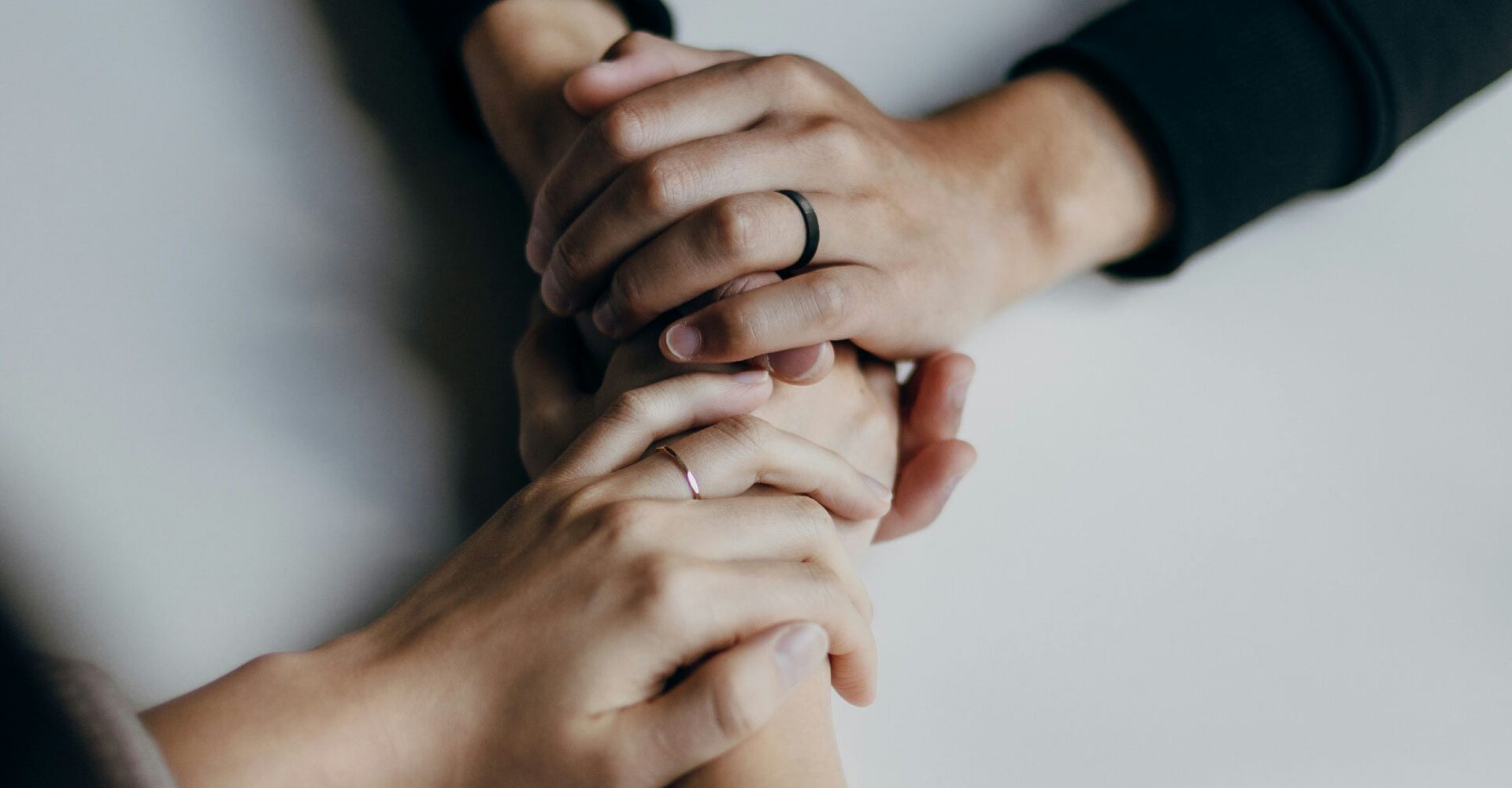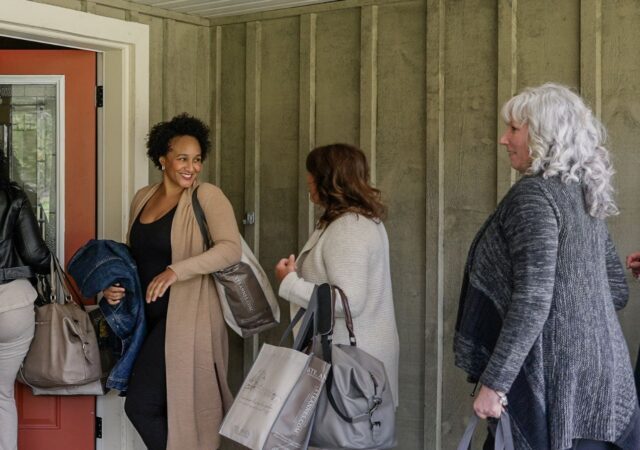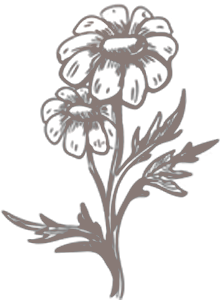How Are You Doing?

How are you doing? Most of us automatically answer this question with “I’m fine.”
But are you?
You’re not alone if you’re struggling. Mental health challenges are common experiences. An estimated 1 in 5 Canadians experience a mental health problem or illness each year. By age 40, half of us will have or have had a mental illness.
These statistics clearly indicate that mental health disorders are commonplace and, more than ever, Mental Health Awareness Month in May is needed. It creates a time and space to start a conversation to increase awareness and acceptance and reduce the stigma, shame and misconceptions that keep people suffering in silence.
Now is a good time to pause and reflect, and accept that it’s okay not to be okay. We all experience mental health differently and that’s okay. People need to feel safe about opening up and reaching out for help. During May and beyond, we can talk openly about mental health, share stories and show caring and kindness to those living with mental health issues.
Compassion connects and heals, according to the Canadian Mental Health Association (CMHA), which has themed the week of May 6-12 Healing Through Compassion. “Compassion is the practice of meeting suffering – whether our own or the suffering of others – with kindness. We all have the capacity to be compassionate and can benefit from its healing qualities,” says CEO Margaret Eaton at cmha.ca.
Our mental health plays a critical role in our overall well-being and quality of life, and support, early intervention and prevention go a long way in building brighter days. It’s perfectly normal to feel sad or angry but be wary of any significant or unusual changes in mood or behaviour. Recognize the signs that you’re struggling more than usual or may need to seek help:
- You’re having difficulty functioning at work and in relationships
- Your appetite, sleep patterns, moods, thoughts or energy are changing
- You’re experiencing sadness, irritability or restlessness
- You’re losing interest in activities that used to bring you joy
- You’re struggling to manage your thoughts, feelings or behaviour
- You have trouble concentrating and difficulty making decisions
Shining a spotlight on mental health challenges, like anxiety disorder, depression, eating disorders or PTSD, can promote community support, hope and healing. We’re all becoming more aware that it’s important to acknowledge and take care of our own mental health. After all, there is no health without mental health.
One of the best things we can do this month, and every month, is to prioritize self-care – when you take care of your mental health, your physical and emotional health improves too. Here are small ways to feel your best, connected and better able to cope every day:
- Try to get in 30 minutes of physical activity daily. Eat a healthy diet and stay hydrated.
- Stick to a sleep schedule to relax, rejuvenate the mind and get a mental break from life’s stresses.
- Stay connected to family and friends. Talk to someone who you can trust and can share what you are feeling. We’re less likely to feel anxious or sad when we feel connected to others.
- Stress less with mindfulness. Incorporate activities such as guided meditation and breathing exercises into your daily routine. Deep breathing can help calm you down in times of anger, upset, frustration and stress and reduce negative feelings. Breathe from the diaphragm, inhaling deeply and exhaling slowly.
- Take time to do activities you enjoy every day. Engaging in relaxing activities like listening to music, reading and walking outdoors. Nature is an awesome healer.
- Other types of social interaction like volunteering can help boost well-being and keeps you connected. Volunteer for something meaningful, learn a new hobby or share a skill with others. Switching things uplifts spirits and also keeps you active.
- Journal how you’re feeling and doing. Regular self check-ins keep track of our emotions and can improve self-awareness, and help recognize when action is needed.
- Don’t suffer in silence – ask for help. This isn’t a sign of weakness but one of the strongest things you can do. Everyone needs help at some point.














